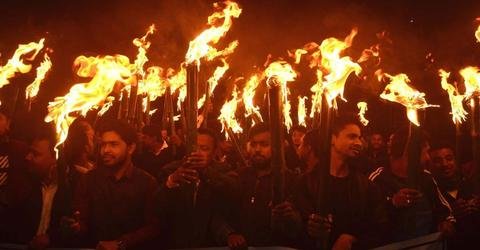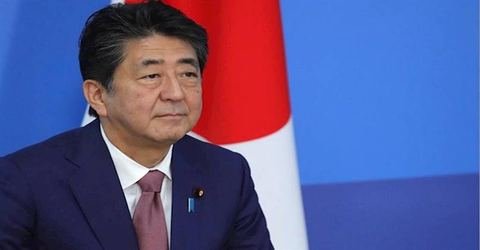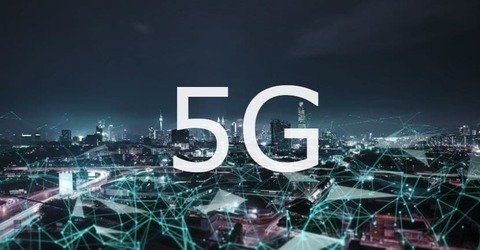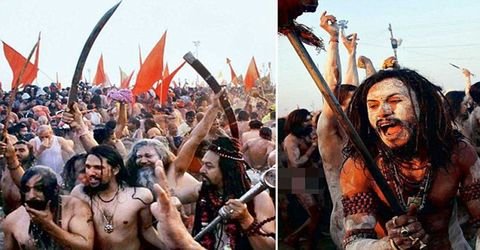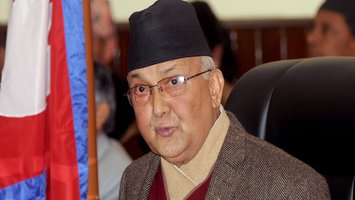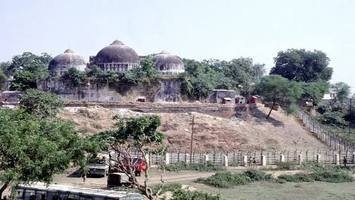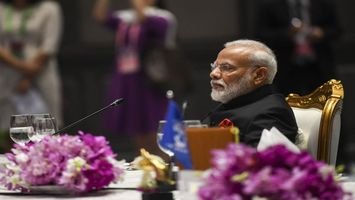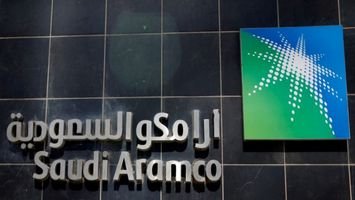After the Supreme Court's verdict in the Ayodhya dispute in India, discussions about the five-acre land given to the Sunni Waqf Board are getting heated.
On one hand, there is pressure on the Sunni Waqf Board not to take this land, on the other hand there is a discussion that where will this land be found?
There are also voices of disagreement between Muslim communities and organizations in this matter.
While the Sunni Waqf Board announced its decision to accept it soon after the verdict and not challenge it further, which was also supported by many Muslim religious gurus, the All India Muslim Personal Law Board prepared to challenge the Supreme Court's decision has been doing.
The Personal Law Board has been an advocate on behalf of the other parties in the dispute.
The All India Muslim Personal Law Board is going to hold a meeting in Lucknow on 17 November in which it will be decided whether to challenge it further or to take any further step on the decision of the Supreme Court.
Board member and lawyer Zafaryab Jilani says, "What we have to say is that the Muslim side had not asked for land from the Supreme Court at any other place. We were asking for the mosque land back at the disputed site. If we had filed a reconsideration petition, this point will also be included in it.
At the same time, there is also a discussion in the Muslim community whether the Sunni Waqf Board should accept this proposal of the Supreme Court.
The discussion was initiated by AIMIM leader Asaduddin Owaisi, who is being supported by many more people.
Owaisi categorically described it as a bailout and said, "Muslims of India are so capable that they can buy the land and build a mosque. I believe that the Sunni Waqf Board should reject this proposal."
At the same time, Sunni Waqf Board Chairman Zafar Farooqi does not listen to Owaisi's point but says that it will be decided after the Waqf Board meeting.
Talking to the BBC, Farooqui says, "We are calling a board meeting soon and will decide in it whether or not to accept these offers of the Supreme Court. If the board accepts this land then only it will be decided that what will be built on five acres of land, Mosque or something.''
"The central and state government has to decide where the land will be given, we will not demand to give land in a particular place, but the government can give this land only in the acquired place."
However, in the Muslim community, there is a special discussion about where this five-acre land will be finally found, because it is not clear in the order of the Supreme Court.
On the other hand, some Hindu organizations are still insistent that no land will be allowed to build a mosque within Ayodhya.
A Hindu organization official, on the condition of anonymity, said, "Five acres of land can be given outside fourteen Kosi. If the government tries to give this land around the birth land in Ayodhya, then the Hindu organization will take the streets against it."
"There is no question of giving it in the area of the acquired land because it can again create controversy in future."
But in conversation with some Muslim youths of Ayodhya, it was felt that even if they are not happy with the decision, if the land is found inside the acquired premises, then perhaps they will be lessened by this decision.
Bablu Khan, a resident of Ayodhya, says, "The Supreme Court has decided, justice has not been done. We cannot do anything in it now but if land is found at the same place then the mosque can be rebuilt."
Some other people of the Muslim community are also demanding that this land should be found in the same area of 67 acres, which was acquired by the central government.
Meanwhile, there is a discussion on whether Muslims should rebuild the mosque on the land given to them by the government?
It is being told that the government can give land anywhere in Ayodhya to build a mosque.
Some Hindu organizations may oppose giving land within Panchkosi or fourteen Kosi border, but the government may not have any problem in this because now the scope of Ayodhya has also increased considerably.
Earlier Ayodhya was just a town, but now the name of Faizabad district has become Ayodhya. So was this strategy behind changing the name of Faizabad district to Ayodhya!


